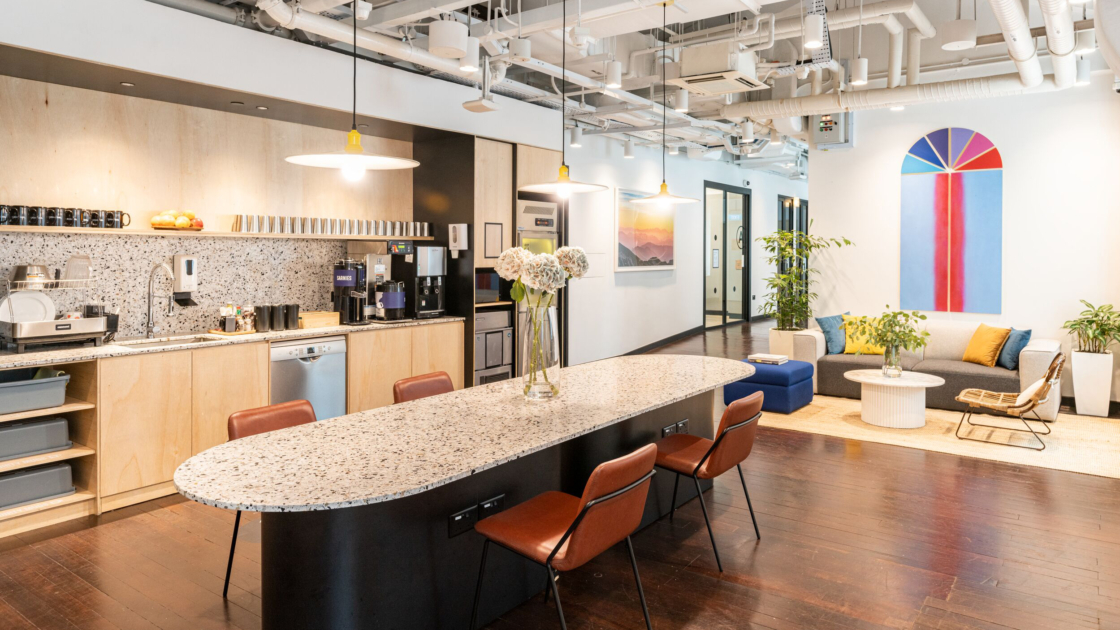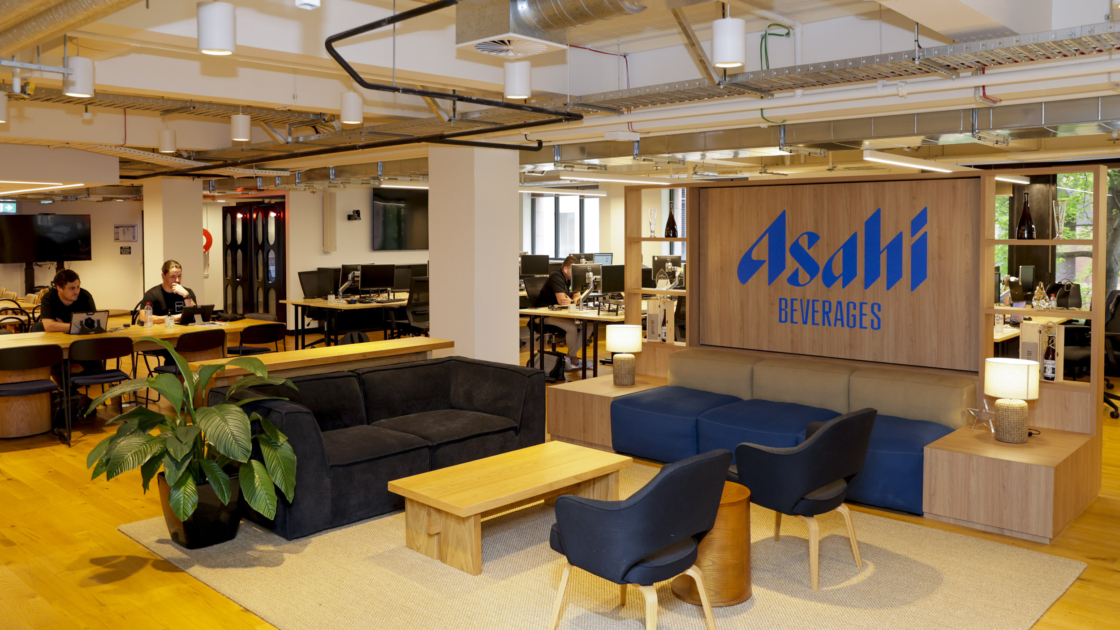If you heard the phrase “future of mobility,” you’d be forgiven if “Detroit” didn’t immediately pop into your mind. Many of the buzziest companies in this space—Uber, Lyft, Tesla, Lime, and Bird—are based in California, and other locations have stolen some of Motor City’s shine: While MCity, near the state capital of Lansing, it has a huge autonomous driving testing ground, so do Arizona and Pittsburgh; New York City has an ambitious bikeshare program, and Portland pioneered the system of bike lanes.
Meanwhile, Detroit’s automobile industry—which once helped the city account for nearly 30 percent of the national GDP—has shed tens of thousands of jobs since its peak around 1950. In the process, the city lost 60 percent of its population, shrinking to fewer than 700,000 residents from nearly 1.8 million. In a recent episode of the Technopolis podcast, co-sponsored by WeWork and CityLab, Jennifer Bradley of urban-innovation Aspen Institute said Detroit was a casualty of being too invested “an economic monoculture.”
Though the automobile industry has shrunk, the city’s foundation in this sector is unshakable: $12 billion dollars is spent on automotive R&D annually in Michigan—72 percent of the U.S. total—according to PlanetM, an initiative of the Michigan Economic Development Corp. that helps mobility companies get a foothold in the state. And startups drawn to revitalizing Detroit are harnessing these resources to find new ways of getting around. The result is that Motor City is becoming “Mobility City,” as Inc. dubbed it, with entrepreneurs thinking beyond selling cars, and auto-industry stalwarts like Ford rebranding themselves as “mobility companies.”
Much of the action is happening at WeWork 19 Clifford St on Merchant’s Row, where PlanetM, WeWork, and the Detroit Regional Chamber of Commerce have created the Landing Zone, a hub for mobility startups and legacy players to connect and collaborate. In just three years they’ve added 50 members—startup co-founders as well as employees of bigger corporations who focus on technology surrounding autonomous, electric, connected, and/or sharable vehicles like Zipcar. “Think of us as a concierge service for global mobility companies that, in essence, will help them to accelerate innovation,” says Seun Phillips, director of PlanetM.
The relationships made at the Landing Zone push past the idea of how to sell more SUVs. “Transportation is becoming increasingly challenging as urbanization happens and more people are flooding into cities,” says Di-Ann Eisnor, chief We officer (CWeO) at WeWork. It’s the potential of unlocking this challenge that fuels Landing Zone.
“There are so many barriers that mobility poses,” says Ashok Sivanand, whose startup, Integral, makes software for clients in mobility and transportation. His company is focused on car-less people whose job, education, and health-care access is limited to public transit routes.
“One of the really exciting things about this new moment in mobility is we’re going to democratize opportunities across the board in our ecosystem,” says Sivanand, until recently a Landing Zone member.
One project he’s working on—facilitated by connections made at PlanetM with Ford Smart Mobility, a unit of the auto giant that invests in emerging technology—epitomizes that goal. Integral provides the software Ford uses to dispatch vans for patients who need transportation to hospitals and health-care providers across Michigan and Ohio.
Phillips points to a handful of other Landing Zone (and WeWork) members that have experienced the kind of growth Integral has, including Derq, a Dubai-based “MIT spinoff with a mission to eliminate road accidents for both conventional and autonomous vehicles” by using AI; Condor, which was acquired by the vehicle subscription service Mobiliti; and SPLT, the carpooling startup that was acquired by auto supplier Bosch. “We’re thinking about a place that is populated with corporates, startups, venture capital,” says Phillips. “Imagine the type of energy that’s being generated.”
PlanetM is trying to use that energy to make a larger impact in Detroit. They’re a partner in the Detroit Mobility Innovation Initiative, which conducted extensive research in the city. “We went into the neighborhoods in Detroit and we asked the residents, ‘What are some of your pain points around mobility?’” Phillips says. Of the more than 120 solutions generated to fix pressing mobility challenges, the six final ideas—which include an app-based shuttle service, a low-cost car-sharing program, and a mobile app for parking—will be piloted in the fall by the public-private consortium, which includes the city of Detroit and General Motors.
The idea is that Detroit will regain its status not just as a job creator in mobility, but a thought leader, too. “We’re seeing rapid innovation as companies race to have their products play an integral role,” says Phillips. “Organically, jobs will shift to support this new innovation, and people will be retrained to meet the demand of the next generation of mobility.”







